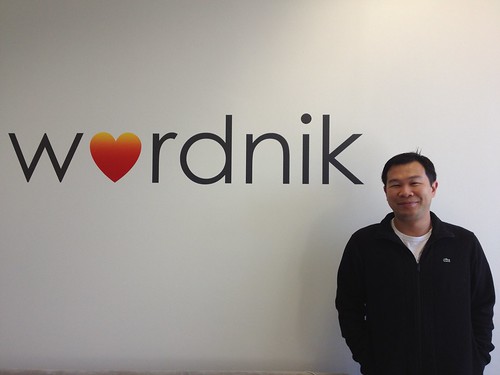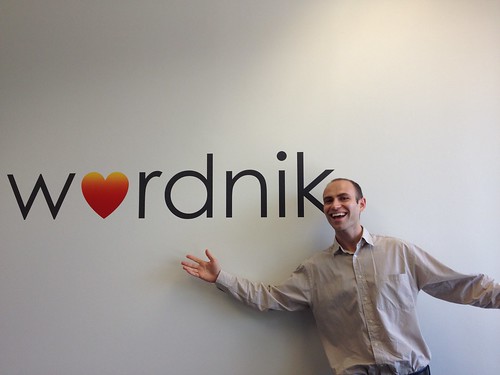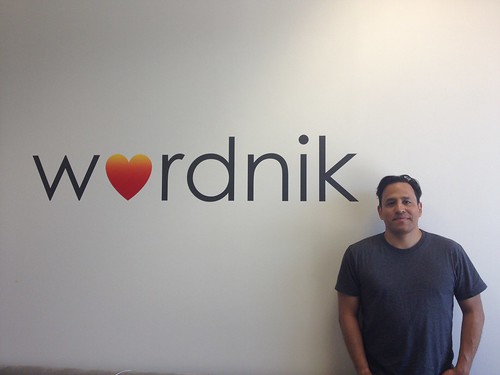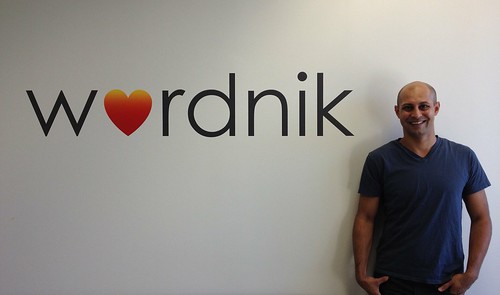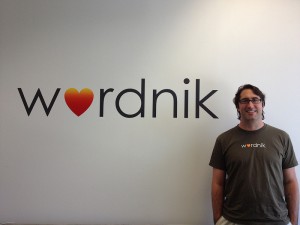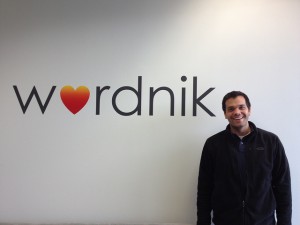We’re happy to welcome two new folks to the Wordnik team!
First off — Hannah!
Hannah Russin is a marketer with broad experience in both B2B and B2C customer acquisition. Prior to joining Wordnik, Hannah worked at start-ups, including GREE, Clean Power Finance, AdRoll, and Sungevity, where she focused on communications and acquisition channels, including mobile UA, SEO, SEM, email marketing, website optimization, and social media outreach. Hannah began her start-up career as the eighth employee at Sungevity, where she built everything from her desk to a marketing strategy that helped grow Sungevity into a top solar installer in California. When she’s not working, she’s organizing events, people, and un-alphabatizing her bookshelf, or attempting to improve her cooking skills. Hannah holds a BA degree in Foreign Service from Georgetown University.
And Tom!
Tom Naughton comes to Wordnik from Apple where he spent 15 years working on localization, internationalization, WebObjects, and Xcode. Prior to that, he worked on edutainment titles at MECC including The Oregon Trail. He studied French, Japanese, and Computer Science at Michigan State University, and Computational Linguistics at San José State University.
In his spare time, Tom likes to read non-fiction, work on iOS applications, ride his Harley, and stare at spectrograms.
We’re very glad to have Hannah and Tom with us!




